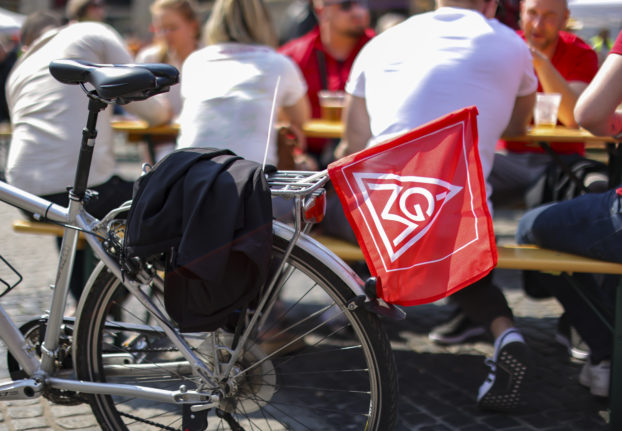“We have put aside 1.3 billion kronor ($142 million) for this and have already received most of the bills, which will be paid immediately,” GM’s purchasing chief Bo Andersson told Swedish financial daily Dagens Industri.
“We have no problems with deliveries to Saab right now,” he said, adding that Saab’s largest suppliers included Lear, IAC, Aisin Warner, Arcelor Mittal and Thyssen Krupp.
GM has asked the US government for tens of billions of dollars in loans and has announced plans to lay off 47,000 employees.
Last month the company basically abandoned Saab Automobile, saying its ownership obligations would run out at the end of this year.
The beleaguered Swedish carmaker began restructuring after GM warned it could be pushed into immediate bankruptcy unless it received help from the Swedish government, which in turn flatly refused to step in and rescue Saab.
In order to keep production running, GM also paid 1.4 billion kronor to lawyer Guy Lofalk, who has taken on Saab’s restructuring, but Andersson admitted the amount would not get the Swedish company through the three-month restructuring period.
“Think of it as a ‘get-started’ fee. We’ll have to see how long the money lasts,” Andersson told Dagens Industri.
Last week, Saab’s production was temporarily halted due to supply problems and was threatened by a dispute with the Swedish customs service over payment difficulties that have since been worked out.
Saab is not the only part of GM that is struggling. The US automaker owes a total of about 90 billion kronor to suppliers, according to Dagens Industri.
“Many suppliers are dragging their feet on deliveries due to the threat that GM could file for bankruptcy,” Andersson acknowledged.
Saab employs about 4,100 people in Sweden, 3,700 of whom work at its hub in the southwestern town of Trollhättan.
Including suppliers, some 15,000 jobs in Sweden are believed to be at risk if the unit disappears.


 Please whitelist us to continue reading.
Please whitelist us to continue reading.